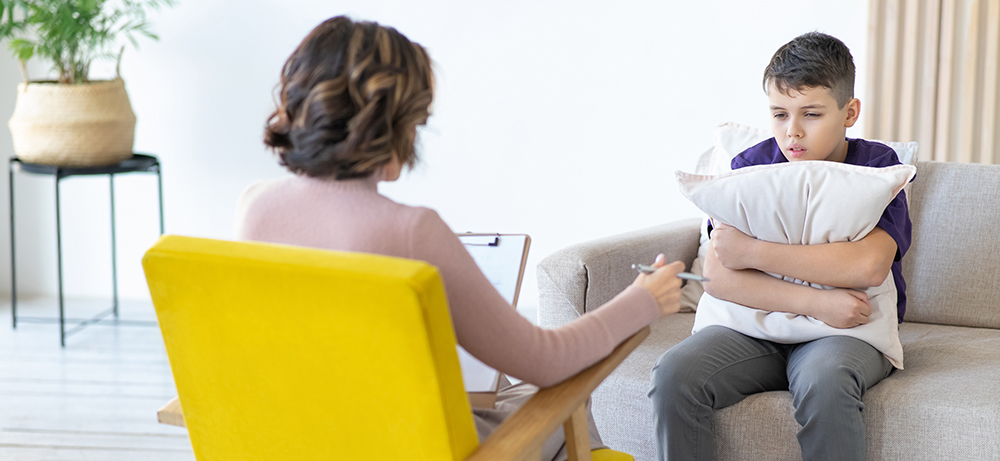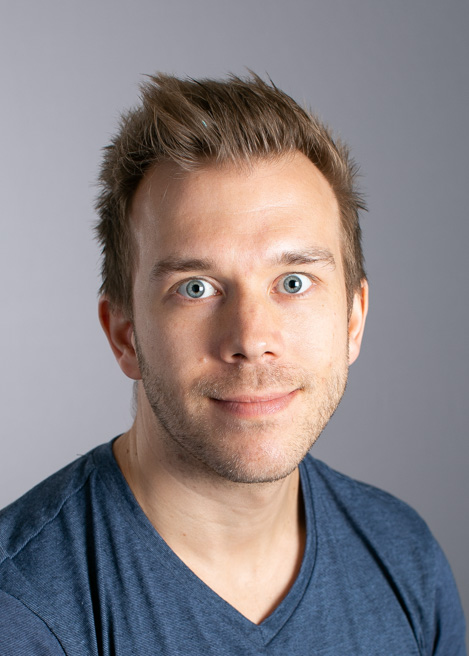Safe4Child – Trauma informed approaches to support staff working with children and adolescents exhibiting behaviors that challenge

Project duration
Source of funding
Erasmus+
KA220-HED – Cooperation partnerships in higher education
Total funding
358 235 €
The aim of the project is to develop a training for frontline workers and nursing students related to aggression management in child and adolescent psychiatric and residential units. In addition, we will develop a high-fidelity simulation virtual platform that works with VR glasses.
Main objectives:
- To develop a trauma focused framework for managing aggressive children and adolescents in psychiatric and residential units.
- To develop an online course (5ect), “Safe4Child – trauma focus care for child aggression management” with a course handbook
- To develop a technical high-fidelity virtual reality environment with a user manual for Safe4Child trauma focus care simulations.
- To make a Safe4Child trauma focus care implementation guide for extended target groups.
In this Safe4Child project we will have four main results consisting of several activities.
In the first result (R1): Trauma focus framework for children’s and adolescents’ aggressive behavior management
A framework for Safe4Child trauma focus care will be developed, based on mapping current evidence and stakeholder consultation.
Activities for result one are:
- literature review related to trauma focused care in child psychiatric care
- safety incidents data report from child psychiatric wards to indicate the level of aggression
- focus group interviews in each participating country among frontline workers working with children in psychiatric and residential units
- dissemination of result activities will take place via scientific and professional publications
In the second result (R2): Online Course curriculum “Safe4Child –trauma focus care for child aggression management”
A online course curriculum “Safe4Child – trauma focus care for child and adolescent aggression management” will be developed.
Activities of this result two are:
- developing high-fidelity simulation content to use in virtual surroundings
- developing, piloting, and evaluating an online course content (5 ect) “Safe4Child – trauma focus care for child and adolescent aggression management”
- a course handbook will be handed out
- dissemination of result activities will take place via scientific and professional publications
In the third result (R3): Technical, high-fidelity virtual reality environment
A technical high-fidelity virtual reality environment will be developed.
Activities for this result three are:
- planning a technical platform for virtual reality (VR) cases
- developing, testing and evaluating virtual reality (VR) high-fidelity surroundings with Safe4Child – trauma focus care cases among nursing students
- a user manual for VR simulations will be handed out
In the fourth result (R4): Implementation guide for extended target groups
A Safe4Child trauma focus care implementation guide will be developed.
Activities for this result four are:
- collecting information from previous results
- extended stakeholder analysis will be conducted including early childhood education, school healthcare, socialwork, residental childcare and child psychiatry
- developed implementation guide content will be validated by Steering Group (SG) panel
- dissemination of result activities will take place via scientific publications
All project materials will be made available freely on the project website under Creative Commons 4.0 International License, Attribution-Non-Commercial: all materials can be downloaded and used for non-commercial reasons, but authors need to be quoted.
Check the materials and read more on Safe4Child project’s website.

Contact Us
Partners
Turku University of Applied Science, Finland
University College Cork, Ireland
University of Plovdiv, Bulgaria
Hamburg University of Applied Sciences, Germany
Get to know the research group
-
Research groups
Futuristic Interactive Technologies
-
Research groups
Mental Health Promotion
See all our projects
We carry out nearly 200 RDI projects annually together with working life and our international partner networks.

